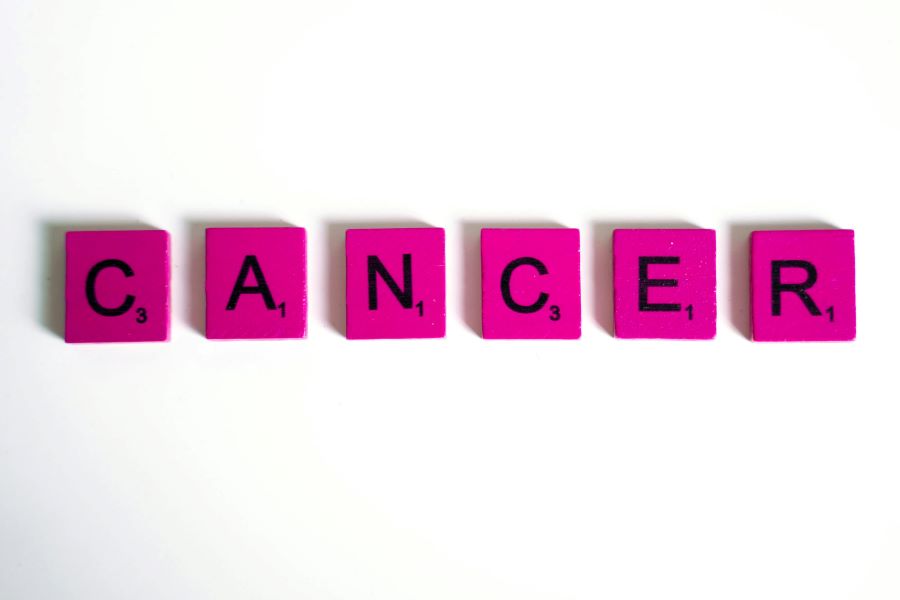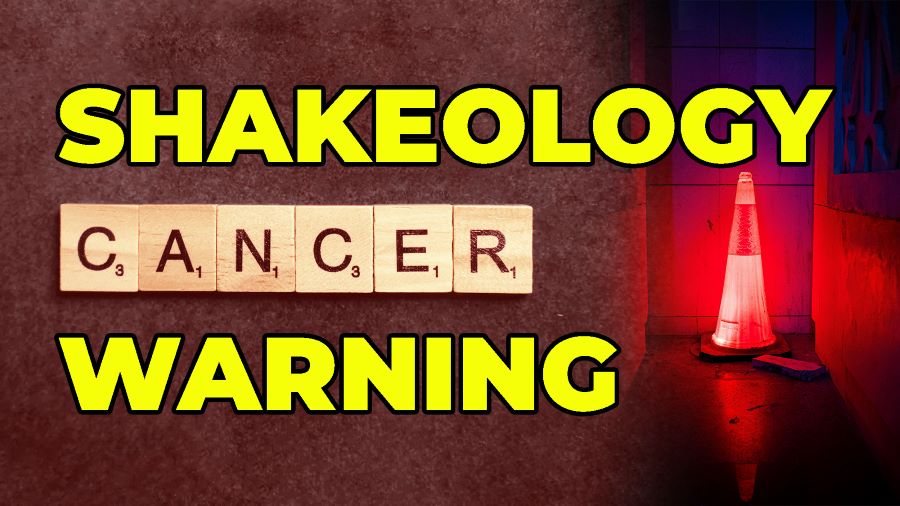If you’ve seen the term Shakeology cancer warning, you’re not alone—and you’re probably a little alarmed. After all, Shakeology is marketed as a superfood-packed shake meant to boost your health. So why would there be any kind of cancer warning on something that’s supposed to be good for you?
Here’s the truth: the Shakeology cancer warning isn’t necessarily about the shake being toxic or unsafe. It’s actually tied to California’s Proposition 65 law, which requires companies to list certain chemicals—even in trace amounts—that have been linked to cancer or reproductive harm. These warnings are more about legal compliance than immediate danger.
Still, it’s worth knowing what’s in your shake and where those ingredients come from. If you’ve been sipping it daily, it’s smart to stay informed. In this article, we’ll unpack the warning, explain the science behind it, and help you decide whether Shakeology still fits your health goals.
What Is Shakeology?
Shakeology is a nutrition shake made by Beachbody. Many people use it to lose weight, feel full, or get more nutrients. It contains:
- Plant-based proteins
- Antioxidants
- Vitamins
- Minerals
- Adaptogens
- Probiotics
It’s sold as a “superfood shake,” and lots of fitness fans love it. But some of the ingredients may raise concerns.

Why Does Shakeology Have a Cancer Warning?
Shakeology has a cancer warning because of California’s Proposition 65. This law requires products sold in California to carry a warning label if they contain certain chemicals known to cause cancer, birth defects, or reproductive harm—even in very small amounts.
In Shakeology’s case, the warning is typically due to trace amounts of heavy metals like:
-
Lead
-
Arsenic
-
Cadmium
-
Mercury
These metals are not added intentionally. They can naturally occur in soil and water where plant-based ingredients are grown. Even organic farms aren’t immune. Since Shakeology contains a wide mix of plant-based superfoods, these trace metals can end up in the final product.
But does this mean Shakeology will give you cancer?
No—not necessarily. The Prop 65 warning is a legal requirement for disclosure, not a declaration that a product is dangerous. The threshold for requiring a warning is extremely low—often much lower than what the FDA or EPA considers harmful.
Still, for health-conscious consumers, this label raises an important flag. It encourages you to:
-
Ask questions about sourcing
-
Look into third-party testing
-
Rotate your supplements
-
Consider cleaner alternatives
What’s in Shakeology That Causes the Warning?
Some of the plants used in Shakeology can pick up heavy metals from the soil. These include:
- Lead
- Arsenic
- Cadmium
- Mercury
These metals are not added on purpose. But if the amount is too high under Prop 65, a warning label is required.
Does This Mean Shakeology Is Unsafe?
Not necessarily. The shakeology cancer warning doesn’t mean the product is harmful or unsafe for everyone. In fact, many natural foods—like spinach, sweet potatoes, and even rice—can contain small amounts of heavy metals because they grow in soil where these elements naturally occur. The warning is there to let consumers know, not to say the product will cause cancer.
It’s more about awareness than danger. People who drink Shakeology every day or rely on it as a full meal replacement should simply stay informed and talk with a healthcare professional if they have concerns. Just like with any supplement, balance is key. Eating a variety of whole foods and not depending on one product too much is a smart way to stay healthy while minimizing any possible risk.

Easy Steps to Stay Safe
1. Read the Label
Always check the full label. If you see a Prop 65 warning, look up the reason.
2. Ask Questions
Reach out to the brand. Ask how they test for safety. A trustworthy company will give clear answers.
3. Look for Cleaner Brands
Some brands do third-party testing to check for heavy metals. Try brands like:
- Garden of Life
- Orgain
- Ritual
These often post test results online.
4. Change It Up
Don’t drink the same shake every day. Mix it up with other clean foods or shakes. This reduces long-term risk.
5. Make Your Own
You can make shakes at home using clean ingredients like:
- Spinach
- Bananas
- Almond milk
- Chia seeds
That way, you know exactly what’s going in.
Understanding the Risks of Daily Use
Shakeology is often praised for its superfood ingredients, but it’s important to understand potential concerns. Some health advocates have pointed to the presence of trace heavy metals like lead, which can naturally occur in plant-based supplements. While these amounts are typically within legal limits, long-term daily use could add up over time. This has led some people to take the shakeology cancer warning more seriously, especially if they consume the shake as a regular meal replacement. It’s a reminder that even healthy-looking options deserve a closer look when it comes to what we put in our bodies.
What’s Really in Your Shake?
Many don’t realize that even nutrient-packed products like Shakeology can contain hidden additives such as thickeners, sweeteners, or flavor enhancers. These extras may not be harmful in small doses, but there are growing concerns about their effects on gut health and inflammation when consumed regularly. The shakeology cancer warning often comes up in conversations about these ingredients, especially in relation to how they might influence the risk of long-term illness. It’s wise to read the ingredient list carefully and stay informed about what each component does to your body.
Staying Informed and Making Smart Choices
If you enjoy using Shakeology as part of your health routine, it doesn’t mean you have to stop—but it does mean you should stay aware. Rotating it with other natural options, using it only a few times a week, and watching portion sizes can all reduce potential exposure to risk. The shakeology cancer warning serves as a caution, not a ban. Being informed helps you make choices that support your goals without ignoring possible red flags. When in doubt, talk to a healthcare provider or nutritionist to see what fits best for your lifestyle and body.
My Personal Experience with the Shakeology Cancer Warning
I used Shakeology every single day for about eight months. It became part of my routine—quick, easy, and honestly, it made me feel great. I had more energy, fewer cravings, and even my digestion seemed to improve. It felt like a smart choice, especially with everything it claimed to offer.
But then something odd happened. I started getting mild headaches—not every day, but often enough that I noticed. At first, I brushed it off. I blamed stress, screen time, lack of sleep… anything but the shake I trusted.
One day, I looked closer at the packaging and saw something I had ignored before—the Shakeology cancer warning under California’s Prop 65. That stopped me cold. I had heard of Prop 65 before, but I never expected to see it on something marketed as a “superfood.” That tiny label sparked a big shift in how I thought about what I was putting into my body.
Naturally, I dove into research. I found out that the warning doesn’t mean Shakeology is dangerous in the way we might first think. It just means it may contain trace amounts of certain chemicals, like lead or cadmium, which are found in soil and can end up in plant-based products.
Still, the fact that the Shakeology cancer warning even existed made me uneasy. I wasn’t panicked, but I couldn’t ignore it either.
So, I made a change. I switched to a cleaner, third-party tested shake brand with full transparency about their ingredient sourcing. Since then, I’ve felt better—not just physically, but mentally too. I feel more confident knowing exactly what I’m consuming every day.
Here’s what I learned: Just because something works doesn’t mean you shouldn’t ask questions. It’s easy to trust a product when it seems to deliver results. But when it comes to your health, it’s worth digging deeper.
The Shakeology cancer warning might not be a deal-breaker for everyone, but for me, it was a wake-up call. It reminded me that my health comes before convenience or brand loyalty. And that peace of mind? It’s worth everything.

Common Questions About Shakeology and Cancer Risk
Q1: Should I stop using Shakeology?
Maybe not. But think about how often you use it. If you drink it daily, consider rotating with other products.
Q2: Is this warning only on Shakeology?
No. Many other protein powders and snacks have similar warnings. It’s not just this one brand.
Q3: Is Shakeology approved by the FDA?
Supplements like Shakeology are not “approved” by the FDA. But the FDA can act if a product is proven harmful.
Q4: Are natural ingredients always safe?
Not always. Natural doesn’t mean harmless. Some “natural” things, like arsenic, can still be toxic.
Q5: Has anyone sued Shakeology over this?
As of now, there’s no major lawsuit against Shakeology for this reason. But other brands have faced legal action for Prop 65 issues.
Final Thoughts: Should You Be Concerned?
The “Shakeology cancer warning” doesn’t mean the product will hurt you. But it’s a reminder to stay alert.
Here’s what you can do:
- Read every label
- Ask where ingredients come from
- Choose tested, clean products
- Don’t use the same supplement every day
- Eat more whole foods
Your health is worth protecting. When in doubt, go simple. And remember—staying informed is the first step to staying safe.

